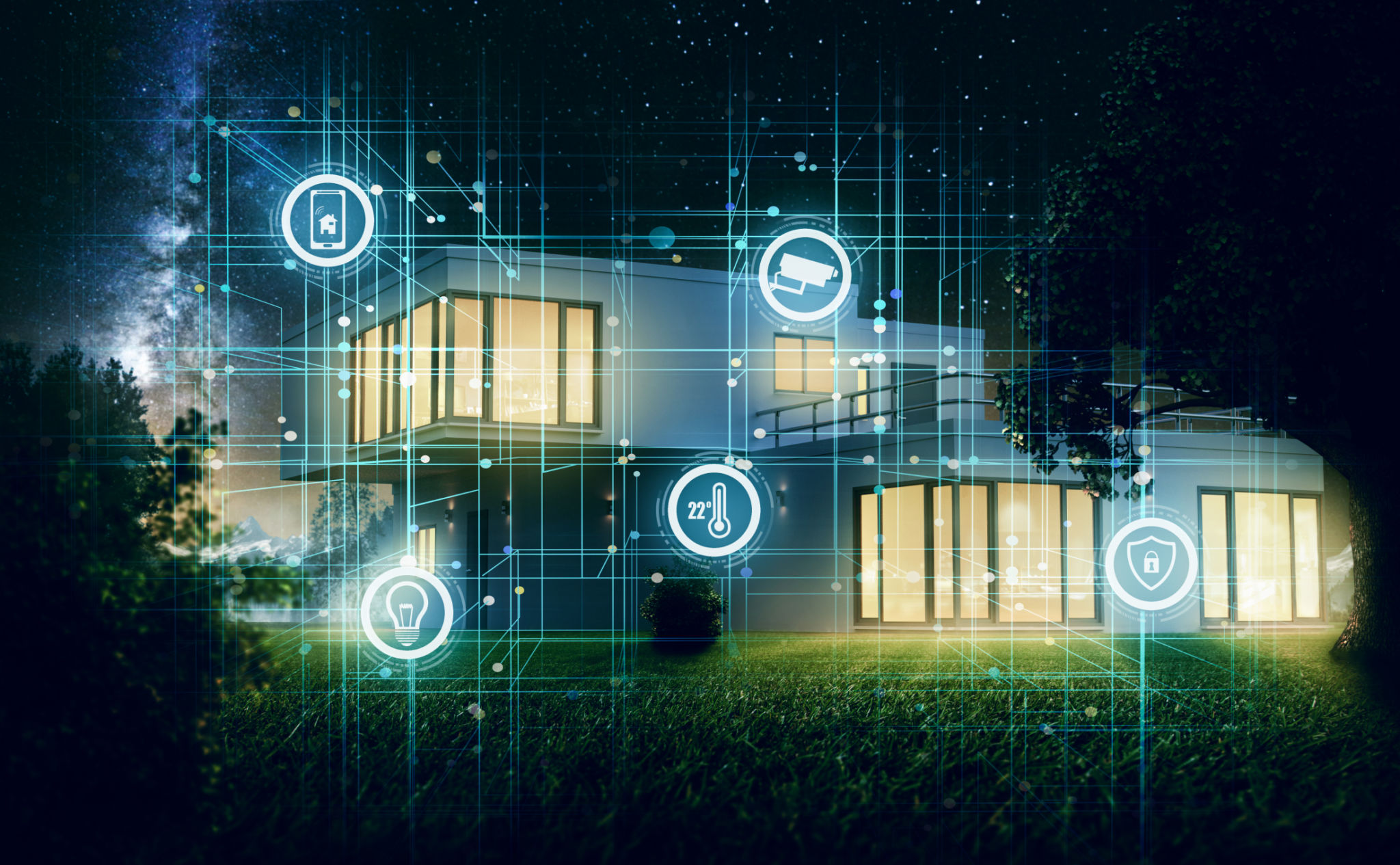How Smart Technology is Revolutionizing Home Inspections
The Rise of Smart Technology in Home Inspections
Smart technology is transforming numerous industries, and home inspections are no exception. As homes become more advanced with smart devices and systems, the methods of inspecting these properties are evolving to keep pace. Inspectors are now leveraging smart technology to enhance accuracy, efficiency, and overall service quality. This shift is not only beneficial for inspectors but also provides significant advantages for homeowners and potential buyers.
Traditionally, home inspections have relied heavily on human expertise and basic tools. However, this approach can sometimes overlook hidden issues or be limited by the inspector's experience. With the advent of smart technology, inspectors can now utilize high-tech tools that provide deeper insights into a home's condition.

Advanced Tools Enhancing Inspections
One of the most significant impacts of smart technology on home inspections is the availability of advanced tools. Devices such as drones, thermal imaging cameras, and moisture meters are now commonplace in the inspector's toolkit. Drones can access hard-to-reach areas like rooftops, providing detailed images and videos for a comprehensive assessment.
Thermal imaging cameras allow inspectors to detect issues that are not visible to the naked eye, such as heat loss, electrical faults, or even pest infestations within walls. Moisture meters help identify dampness and potential mold problems, ensuring that no stone is left unturned during an inspection.
Data-Driven Insights for Informed Decisions
Smart technology also enables inspectors to gather extensive data during an inspection. This data can be analyzed to provide detailed reports that highlight potential problems and suggest remedies. The use of data-driven insights ensures that both inspectors and homeowners are well-informed about the property's condition.
These reports are often digital and easily shareable, allowing homeowners and buyers to access them from anywhere. They include photographs, videos, and detailed descriptions of any issues found, making it easier to understand the home's overall state.

Improving Communication and Transparency
Another significant advantage of smart technology in home inspections is improved communication and transparency. With digital platforms, inspectors can communicate findings in real-time with clients, providing instant feedback and clarifications if needed. This transparency builds trust between inspectors and clients, making the inspection process more collaborative.
Furthermore, smart technology allows for better documentation and record-keeping. This ensures that any issues identified during the inspection are clearly documented for future reference, which can be particularly useful during negotiations or when planning repairs.
The Future of Home Inspections
As technology continues to evolve, so too will the capabilities of home inspections. Future advancements may include even more sophisticated tools capable of detecting a wider array of issues with greater precision. Additionally, artificial intelligence may play a role in automating parts of the inspection process, further enhancing efficiency and accuracy.

Ultimately, the integration of smart technology in home inspections represents a significant shift towards more reliable and thorough evaluations. As these technologies become more accessible and affordable, they will likely become standard practice in the industry, benefiting inspectors and homeowners alike.
